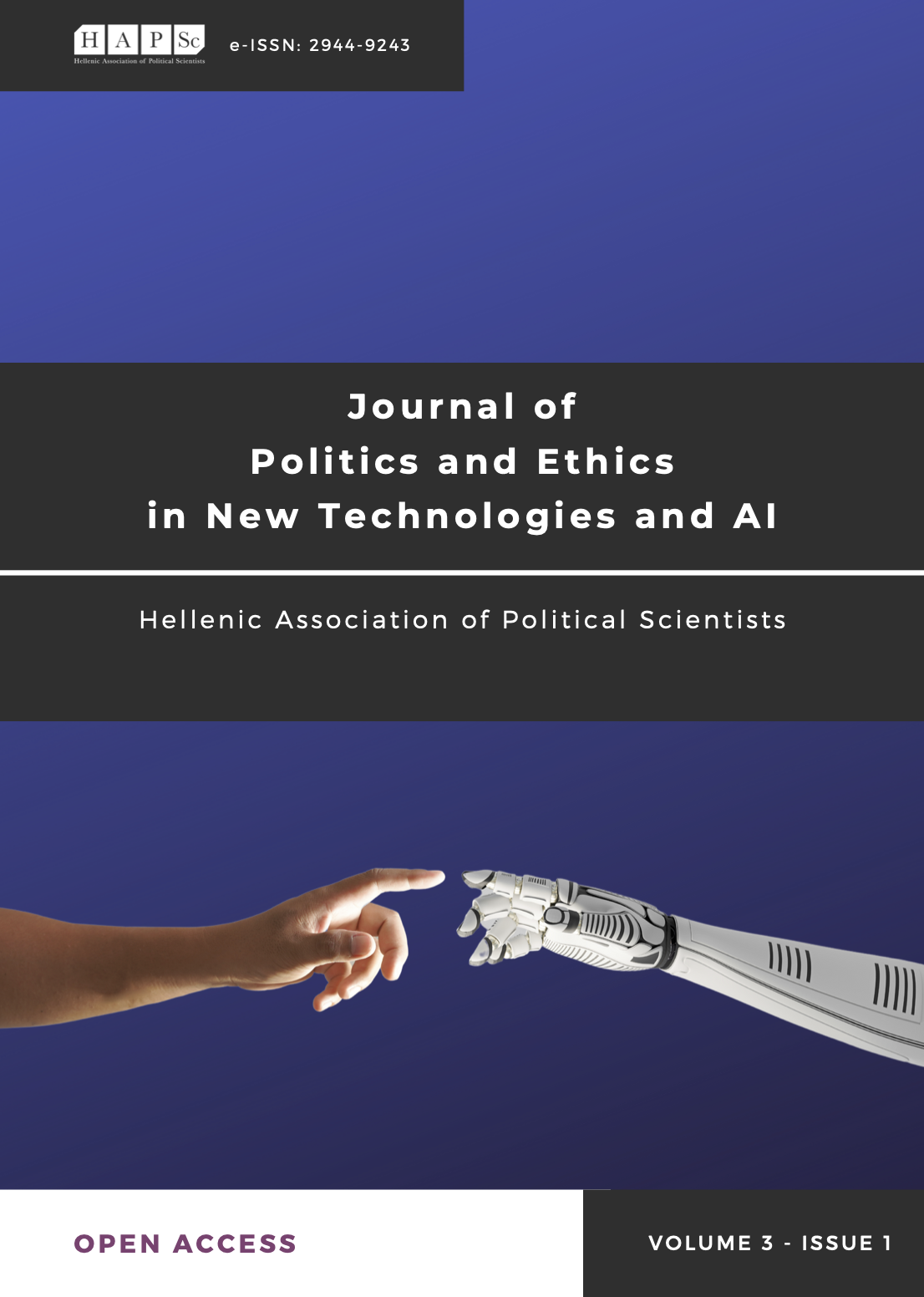AI, International Relations & Religion

Abstract
This research envisions a future where humans and machines collaboratively enhance decision-making capabilities, fostering harmonious coexistence. Addressing concerns about the potential threat of artificial intelligence (AI) to humanity, the focus shifts to the benevolence of AI entities shaped by human influence. The prospect of AI functioning at a level where authority is wielded by an inaccessible and infallible entity lies in its role as an independent arbiter. This entails the capability to identify cultural barriers and navigate existing political constraints deliberately. Consequently, there is potential for discovering common political ground through algorithmic processes, leading to the resolution of longstanding political issues between states. However, uncertainties persist – perhaps these aspirations may not materialize as expected. The study explores AI's role in international relations and religion, particularly Christianity, emphasizing its potential as an independent arbiter capable of recognizing cultural barriers and navigating political constraints. This research explores the intersection of cultural sensitivity and AI in diplomacy, discussing ethical considerations and benefits. The impact of AI on conflict resolution and peacebuilding is examined, stressing the need for collaborative efforts to establish robust AI standards. Challenges to religious authority, ethical considerations in AI development, and AI's influence on humanitarian aid and religious values are also explored. The research concludes by highlighting the imperative to address algorithmic bias for inclusivity and equitable representation in the digital age.
Article Details
- Section
- Commentaries

This work is licensed under a Creative Commons Attribution 4.0 International License.
Authors retain copyright and grant the journal right of first publication with the work simultaneously licensed under Creative Commons 4.0 (CC-BY 4.0) license, that allows others to share the work with an acknowledgement of the work's authorship and initial publication in this journal.





